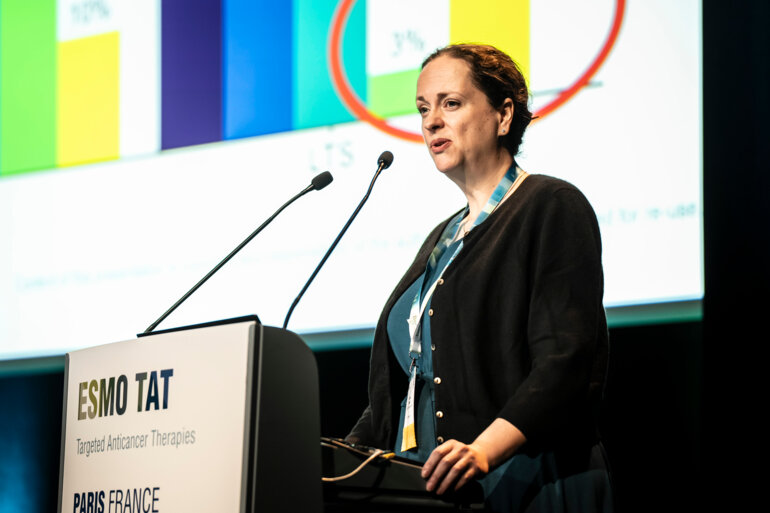A study shows that early kinetics in DNA methylation and fragment quantity in plasma can predict response to pembrolizumab in patients with advanced solid tumours
Integrating biological data in liquid biopsy derived from the analysis of several circulating tumour DNA (ctDNA) characteristics, including but not limited to mutations, fragment and methylation patterns could represent a non-invasive effective strategy for monitoring treatment response in cancer patients, as a study highlights (Cancer Discov. 2024 Feb 23).
Both DNA methylation profiling and fragments released by tumours into circulation are promising candidate biomarkers of treatment response in cancer. In the study, researchers performed a genome-wide methylation and fragment length profiles analysis using cell-free methylated DNA immunoprecipitation and sequencing (cfMeDIP-seq) in 204 plasma samples from 87 patients before and during treatment with pembrolizumab from the pan-cancer phase II INSPIRE trial (NCT02644369).
A pan-cancer methylation signature using independent methylation array data from The Cancer Genome Atlas to quantify a cancer-specific methylation (CSM) and fragment length score (FLS) was trained for each sample. CSM and FLS were analysed first independently, and then together in a joint survival model to investigate their ability to predict immunotherapy outcomes, revealing that change in CSM from baseline to cycle 3 of pembrolizumab were effective in predicting both progression-free survival (PFS) and overall survival (OS) while change in FLS predicted OS, each independently of cohort, tumour mutational burden, and PD-L1 status. Also, a strong correlation between tumour-naïve CSM and FLS and tumour-informed, mutation-based ctDNA quantification was reported.
"The multimodal approach described in the study could represent a key weapon to fully exploit the power of liquid biopsy in cancer patients and could also enable an earlier response assessment leading to a most efficiently redirection to next-line treatment options", says Dr Umberto Malapelle, from the University of Naples Federico II, Naples, Italy. However, he highlights that the study presents some limitations. “Although INSPIRE is a prospective clinical trial, all the analysis were retrospectively carried out, on a relatively small sample size as not all of the plasma samples collected during the study were available. This may have limited the statistical significance of the analysis of individual timepoints and the definition of the optimal timepoint for estimating the response.”
Malapelle concludes: “The study findings represent an important “piece” of a pie that needs to be completed through prospectively validation trials with, hopefully, a simplified and standardised methodological approach respect to cfMeDIP-seq to ensure all patients have access to this test in clinical setting.”






